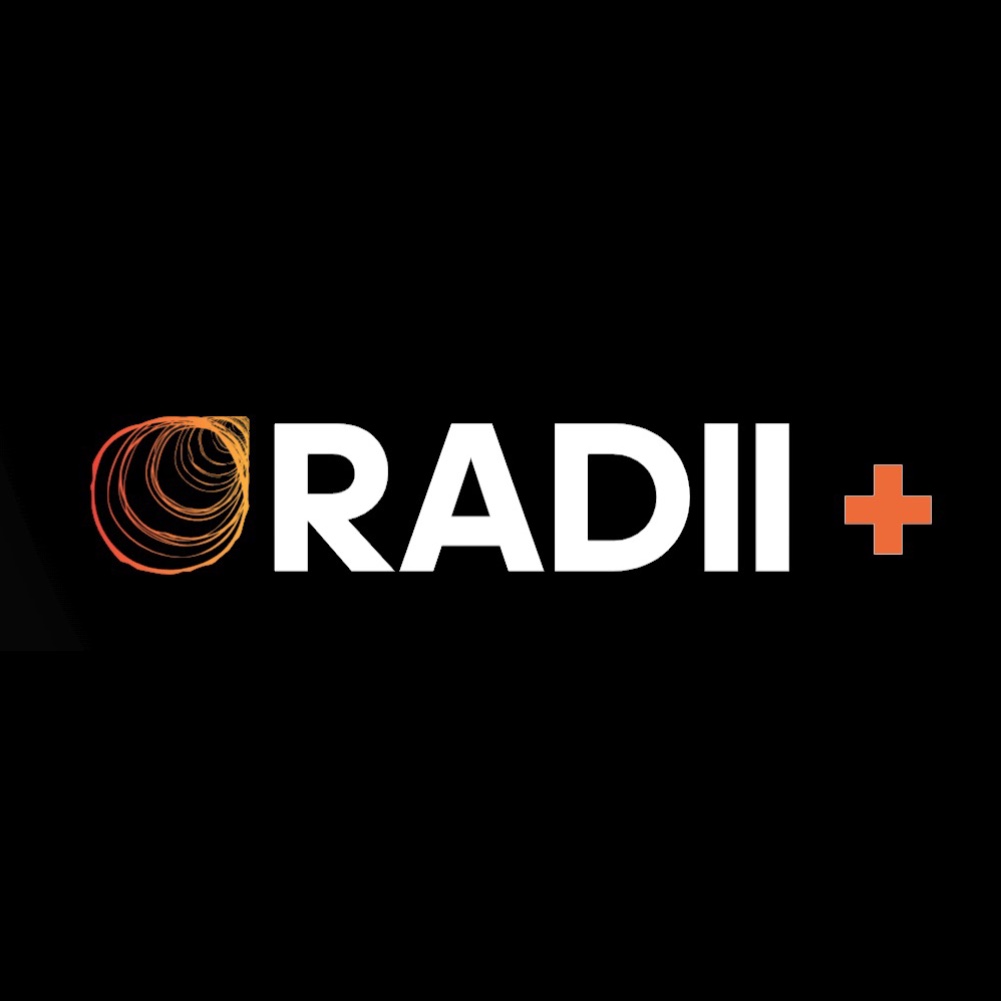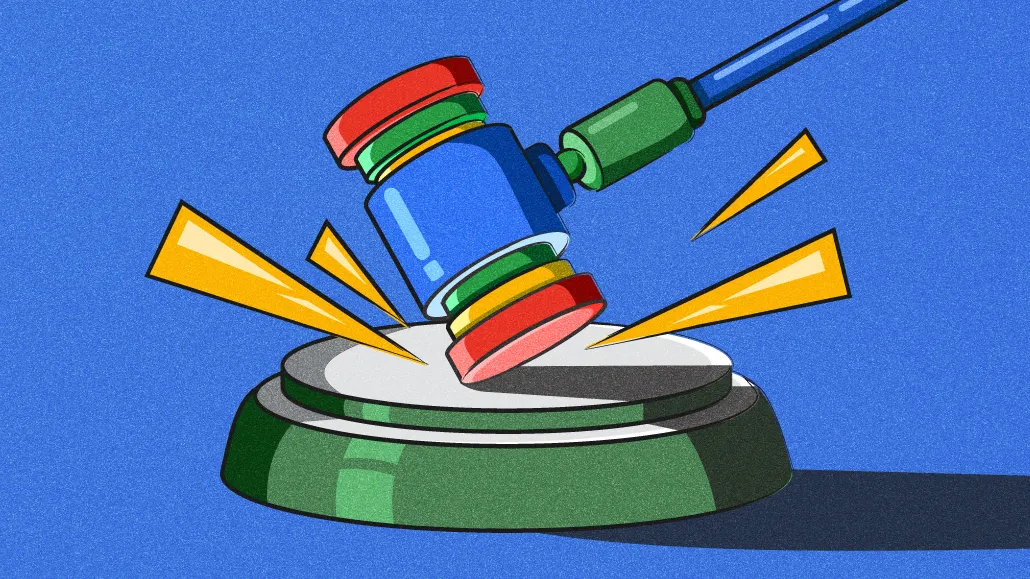Independent publishers claim Google’s AI Overviews have put them in a no-win situation, and they’re taking the fight to EU regulators.
The Independent Publishers Alliance, which has 45 members, the non-profit big-tech watchdog Foxglove Group, and the non-profit advocacy group Movement for an Open Web, based in the United Kingdom, have filed a joint complaint with the European Commission and the Competition Markets Authority (CMA), requesting that they take immediate action against Google to prevent what they describe as irreparable harm caused by Google’s AI overviews.
Currently, publishers who use Google search allege they are unable to opt out of having their content ingested for Google’s AI large language model training and/or crawled for summaries without losing their ability to appear in Google’s search results.
READ MORE: Google Continues To Error Its AI Commercials In Hilarious Ways, This Time Featuring James Blunt
Since Google AI Overviews began rolling out in the United Kingdom last October, the alliance has gathered evidence to include in the complaint that demonstrates the negative impact of AI Overviews on independent publishers’ sites, as well as a direct correlation between opting out of Google AI Overviews and a publisher’s search index placement. It intends to publicly share the report’s other findings in the coming days.

In the document, dated June 30 and seen by Digiday, the alliance requests that the European Commission impose two specific conduct requirements on Google: that it allow users to opt out of crawling, scraping, and ingesting data and publisher content for its AI capabilities, while also ensuring that news publishing organizations are indexed and shown on a non-discriminatory basis as part of Google search. The second requirement is for Google to provide equitable compensation for all publisher material.
“What’s critical is that the current illegality [of unauthorized content scraping] is stopped now that the opt-out is provided, which means that you can say no to your data being crawled while remaining in the Google search indexing, so you’re not wiped off the internet,” Rosa Curling, a lawyer, co-founder, and director of Foxglove, told Digiday.
Curling emphasized the importance of a thorough negotiation process between large technology corporations and publishers to determine what constitutes a fair arrangement in terms of compensation. They didn’t give particular dollar figures. However, he highlighted that the goal is to offer opt-out without affecting a publisher’s search presence.

“What’s happening now is that Google is simply grabbing all of the material and regurgitating it, and if you try to assert your own rights, you are kicked off the internet by being deleted from the search index. That is what is essentially wrong with what is going on right now, and it is a clear violation of competition, she noted.
According to a representative, Google believes that many statements concerning search traffic are “highly incomplete” and based on skewed data. Sites can gain and lose traffic for a variety of reasons, including seasonal demand and frequent algorithmic adjustments.
When asked for comment on this topic, a Google spokeswoman stated that Google sends “billions of clicks” to websites every day. “New AI experiences in search enable people to ask even more questions, which creates new opportunities for content and businesses to be discovered,” according to a statement.
AI is now an integral part of how Google Search works, so the primary way for web publishers to control access is to use the standard robots.txt file to manage how Googlebot crawls their sites, according to a Google spokesperson. Publishers can also use snippet settings to restrict how their content appears in features such as AI Overviews or the experimental AI Mode.

While publishers may see if Googlebot is present on their sites, it is not clear why it is there. It could be search or artificial intelligence. Here’s where the problem arises.
Foxglove is currently working with other regulators in South Africa, Germany, and other countries to ensure that Google does not “jurisdiction hop” on the matter, according to Curling. They have also spoken with the DOJ, whose recent antitrust ruling against Google’s ad tech monopoly has had “positive ripple effects” for other lobbyists and regulators.
“What’s so important is that the courts and the regulators catch up with what’s happening,” Mr. Curling explained. However, she stressed that while these investigations are ongoing, immediate action is essential to keep publishers from going out of business in the short term.
Generative AI is the new frontier of regulatory scrutiny.
The latest EU complaint from independent publishers marks Google’s third potential significant antitrust dispute. The Department of Justice has two other complaints pending against Google’s search and ad tech supremacy, and it is deciding what behavioral remedies are appropriate.
However, the most recent EU complaint represents a more significant shift in the regulatory tone.
Until date, worldwide antitrust actions against Google have primarily concentrated on traditional power moves such as default search engine contracts and control of the digital ad stack. However, when generative AI reshapes how material is discovered and priced, regulators may probe the next frontier: AI overviews, LLM training, and the impact on publisher traffic and revenue.

According to Paul Bannister, chief strategy officer at Raptive, regulators, legislators, and the industry as a whole have a history of responding to yesterday’s problems rather than tomorrow’s. “AI is where all the future battles lie,” he noted. “If the industry has to wait 10 years for regulatory and legislative solutions to come down, like, half the companies are going to be out of business because of the actions being taken by big tech right now.”
The success of these investigations will be determined by how hard Google is ready to fight, according to Bannister, who said that the CMA made significant headway in its inquiry into Google’s cookie deprecation plans, but that Google may not be as cooperative in terms of AI. Google prioritizes AI over cookie deprecation studies. Google considers AI as existential – if they don’t get ahead of it, they believe their own business will fail in five to ten years,” he stated.
Meanwhile, US senators have removed a significant impediment to state-level AI legislation. The United States Senate voted last week to remove a 10-year federal moratorium (essentially a proposed ban) on state regulation of artificial intelligence from President Trump’s tax-cut and budget measure.
For them, it indicates that regulation of how tech companies use AI to repurpose and profit from publisher material is no longer a distant regulatory problem, but rather an emerging battleground.

Danielle Coffey, CEO of the News Media Alliance, which represents over 2,000 publishers in the United States, issued a statement expressing her hope that Congress would now consider additional legislation to regulate AI at the federal level. “We’re seeing a critical inflection point in how regulators globally are approaching Big Tech — not just scrutinizing entrenched dominance in search and ad tech, but also anticipating how that power is being extended into AI,” according to Coffey. She emphasized that competition policy must keep up with this transformation or risk reproducing the same concentration and control in future technologies. “Europe’s inquiry signals that governments are starting to connect these dots.”
Unauthorized material scraping has been an online scourge for publishers. The trade association News Media Europe, which represents over 2,700 publishers in Europe, has urged the European Commission to intervene, using both competition enforcement instruments and the Digital Markets Act (DMA), to put an end to Google AI Overviews. “This is an urgent issue that needs attention now before it’s too late,” said Iacob Gammeltoft, senior policy manager at News Media Europe.
According to Gammeltoft, the DMA, in particular, can be used to impose interim measures pending the outcome of a market investigation, and it contains specific provisions that prohibit self-preferencing practices and require that access to digital gatekeepers’ search engines, such as Google, be fair, reasonable, and non-discriminatory.
“What’s at stake with AI overviews is of an entirely new order of importance; it’s the business model of publishing itself,” says Gammeltoft. “Because we’re talking about a platform that keeps people away from publishers’ property, they can’t run advertisements, and users lose reason to subscribe. As a result, the value chain completely breaks down, while Google continues to do business and flout copyright law because it can.”
According to Sajeeda Merali, CEO of the Professional Publishers Association, publishers are embracing AI’s revolutionary potential, but this must come at the expense of strong copyright rules that promote responsible, transparent AI use while also protecting publishers and authors.
“Regulators globally need to stand up to Big Tech and act fast to strengthen critical competition, intellectual property rights, and copyright laws to safeguard the future of a sector employing 55,000 people and worth £4.4 billion [$6 billion] to the U.K. economy,” she said in a reply to a question.
Step into the ultimate entertainment experience with Radii+ ! Movies, TV series, exclusive interviews, live events, music, and more—stream anytime, anywhere. Download now on various devices including iPhone, Android, smart TVs, Apple TV, Fire Stick, and more!


